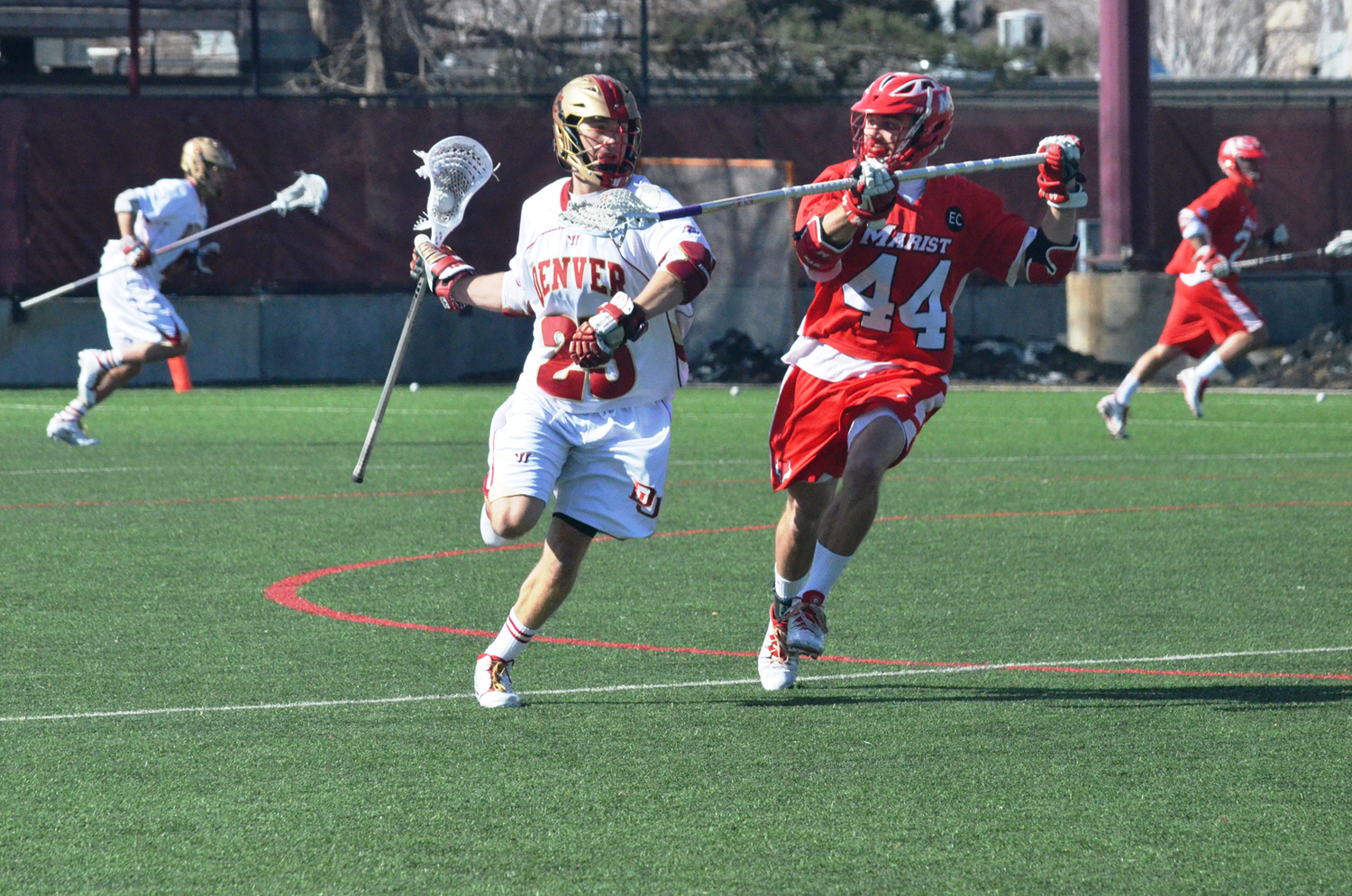After a group of Northwestern University football players were given the right to unionize by the National Labor Relations Board (NLRB) on March 26, DU announced it will not pay student athletes.
The movement, headed by former Northwestern quarterback and Denver native Kain Colter, directly challenges the National Collegiate Athletic Association’s (NCAA) rules regarding amateurism in college athletics. The NCAA justifies their rules, according to their website, to “ensure the students’ priority remains on obtaining a quality educational experience and that all of student-athletes are competing equitably.”
According to an article for SB Nation, for Northwestern players, an election will be held for players who are still eligible to play if they wish to unionize or not. If successful, they can be represented by Colter’s College Athletes Players Association (CAPA) and enter discussion with the university and the NCAA about player benefits.
Due to its lack of a football program, DU does not fall under the jurisdiction of the NLRB’s decision. However, the decision of the NLRB has raised questions across the country according to DU Vice Chancellor of Athletics Peg Bradley-Doppes.
“What happened at Northwestern you could compare to a Title IX report,” said Bradley-Doppes. “Now let’s look at DU. Our student athletes are students, first and foremost. We believe that athletics enhance the campus community. We do not believe, philosophically, they will ever be employees.”
Bradley-Doppes suggested that instead of allowing student-athletes to unionize, pursuing major media rights allowing schools to have their own broadcasting networks would be better for DU, as well as other universities. She further stated that DU’s providing of scholarships to its student athletes is enough to attend school and play.
“We believe an opportunity to come to DU and to get a DU education is a chance in a lifetime,” said Bradley-Doppes. “For those student-athletes that are fortunate enough to get an athletic scholarship, we believe the university has done their part. We were against the stipend. If we’re not doing that for our doctoral and postdoctoral students how could we be doing it for our athletes?”
[polldaddy poll=7972605]











